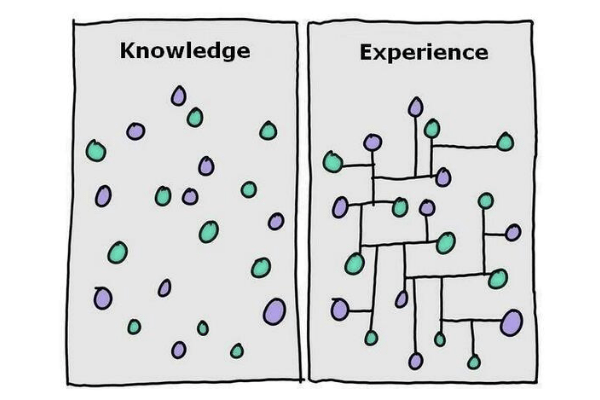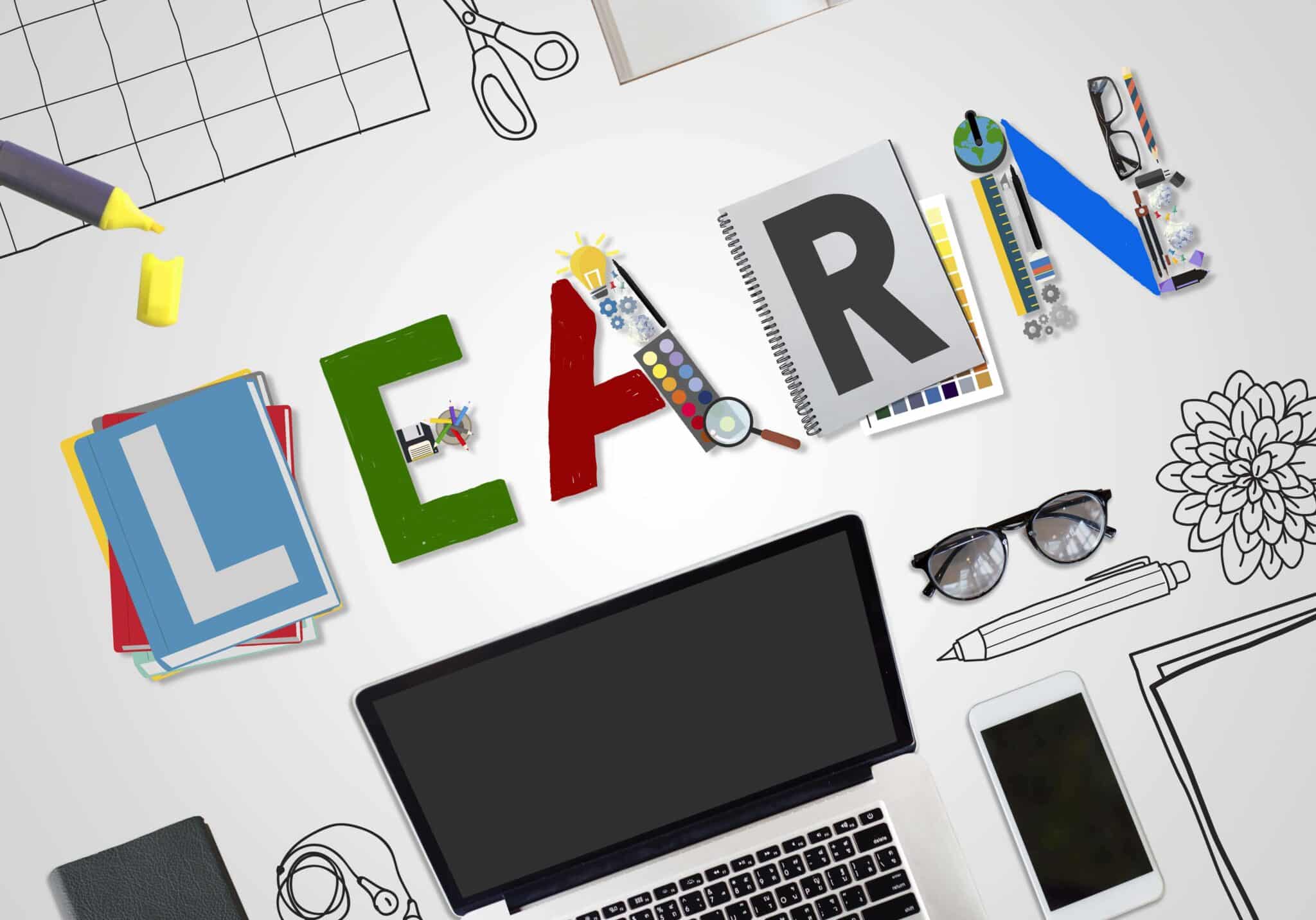The short answer? Yes. The long answer? Well, let me spell it out for you.
Writing is hard. It’s something we start learning how to do from a young age. Some excel at this and go far, while some hit a wall and never truly find their voice for writing. But for those of us in the facilitation world, writing is not only important, but is vital to our development.
You might be thinking: but why? If I’m a facilitator or a trainer then my bread and butter is speaking and working with people. Well yes, you are right. But when you write about something, then you truly know it and are able to eloquently put it into words. Think about anyone who has ever written a book; they invested the time to do the research, connect their insights, then synthesize and pen down the millions of words dancing around in their head.
Let’s put it in another way. Take a look at this image below.

Having knowledge is one thing, but having the ability to make meaningful connections and apply your knowledge to real world situations is another. It is taking your knowledge beyond trivia night at the local bar to a level where you can use this knowledge coupled with your experiences to make something from it. Connections fuel creative thinking and propel our ability to innovate.
The key to making your bits of knowledge usable is connections. The key to making connections is forcing yourself to; one way to do this is through writing. But writing isn’t the only tool to help you do this. For years reading and writing have been taught separately in schools and thought of as separate realms. But think of it this way – if you cannot read, will you be able to write? The two are far more connected than we consider. Good writers read often and people who read frequently are likely to be better writers. Why is this? Reading opens your world up to new ideas – both conceptually and grammatically. This pushes you to constantly think about things you have never thought of before or think about an old topic in a new light. Writing allows you to draw on your personal experiences and the ideas of others you’ve gathered through reading. Put it together and you’ve got a killer combination.
Take a moment to reflect on this quote from author Ralph Waldo Emerson: “I cannot remember the books I’ve read any more than the meals I have eaten; even so, they have made me.”
Bodies need food for nourishment. Our souls need nourishment in the same way. Go read a book. Then try putting down your thoughts about the book. You might find you see things differently than you did before.








